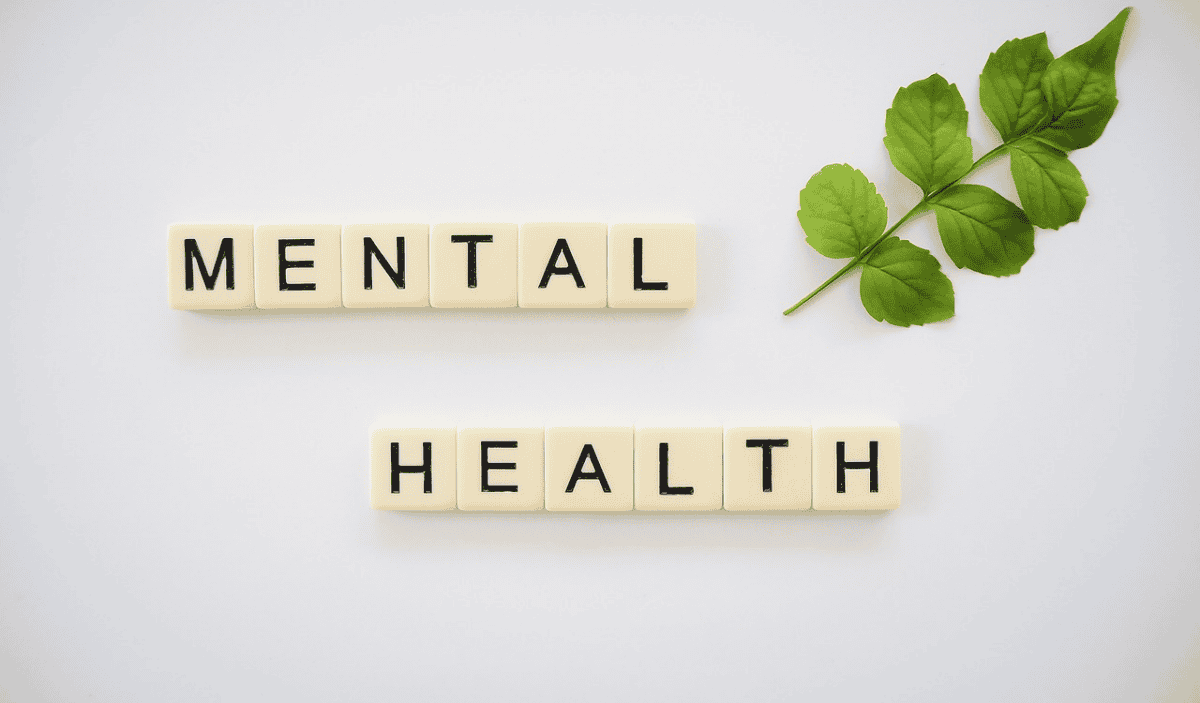This post focuses on addressing mental health concerns and other relevant issues associated with personal injury recovery.
Personal injuries create significant life changes that affect both your physical health and your mental health. Physical injuries may heal with time but psychological effects persist creating unexpected recovery challenges.
Inside This Guide:
- Recognizing the Psychological Effects of Personal Injuries
- Common Psychological Challenges During Recovery
- Signs You Need Professional Support
- Building Your Support System
- Addressing Mental Health Concerns & Legal Considerations
- Recovery Strategies That Work
The Hidden Mental Health Impact of Personal Injuries
Personal injury consequences include mental health effects that go beyond physical suffering. Statistics reveal that about 20% of Americans are living with a mental health condition and anxiety disorders alone impact roughly 42.5 million people in the nation. The prevalence of mental health statistics becomes especially critical when personal injuries cause trauma that can start new mental health problems or amplify current ones.
If you’re struggling with the psychological impact of your injury, it’s crucial to seek out a Carlsbad personal injury lawyer who understands both the physical and emotional aspects of your recovery. These professionals can secure compensation to address the full range of your medical needs including both physical and mental health treatments.

Common Psychological Challenges During Recovery
Unexpected emotional obstacles frequently appear throughout the recovery journey. Many injury victims experience:
- Post-traumatic stress disorder (PTSD)
- Depression and anxiety
- Fear of returning to normal activities
- Loss of confidence
- Sleep disturbances
- Relationship strain
The fact that mental health emergencies generate 60 million primary care appointments and 6 million ER visits yearly in the U.S. makes these challenges especially concerning.
Recognizing When You Need Professional Support
Choosing the proper moment to access professional assistance plays a vital role in your recovery journey. Watch for these warning signs:
- Persistent feelings of hopelessness
- Difficulty sleeping or concentrating
- Withdrawal from social activities
- Increased irritability or mood swings
- Physical symptoms without clear medical cause
The United States will encounter a substantial shortfall of over 6,000 psychiatrists by 2025 according to current projections. It becomes critical to obtain assistance as soon as possible instead of delaying support until symptoms intensify.
Building Your Support Network
The path to recovery requires support because you should not face it on your own. Establishing a robust support network is essential to maintain good physical health and mental stability. Your support system should include:
- Medical professionals with expertise in both physical healing and psychological recovery
- You should build your support network with family members and close friends who will provide you with emotional support.
- Join support groups where other survivors share similar injury experiences
- Mental health experts trained in trauma recovery processes
- Your legal team should work to ensure all aspects of your recovery needs are represented.
Addressing Mental Health Concerns & Legal Considerations
The opportunity to claim mental health treatment within personal injury cases remains unknown to many individuals. The emotional distress from accidents can be as incapacitating as physical harm. Research indicates that anxiety disorders affect 42.5 million Americans while this rate increases substantially when people experience traumatic injuries.
Key considerations for your legal case include:
- Documentation of mental health symptoms
- Expert testimony from mental health professionals
- Impact on work and daily activities
- Long-term prognosis and treatment needs
- Related medical expenses
Your mental health treatment plan will likely involve multiple therapeutic methods.
- Cognitive Behavioral Therapy (CBT)
- Eye Movement Desensitization and Reprocessing (EMDR)
- Group therapy sessions
- Medication management
- Mindfulness and stress reduction techniques
Practical Recovery Strategies
Effective recovery strategies form the foundation of your physical and mental healing process. Consider these proven approaches:
Daily Routine Management
Developing a daily structured routine offers stability throughout the recovery process.
- Set regular sleep and wake times
- Plan regular meals and hydration
- Schedule physical therapy exercises
- Include relaxation and mindfulness practices
- Make time for social connections
Stress Reduction Techniques
Proper stress management is critical to maintaining mental health throughout the recovery process. Effective methods include:
- Deep breathing exercises
- Progressive muscle relaxation
- Guided meditation
- Gentle yoga or stretching
- Journaling about your recovery journey
These strategies hold unparalleled importance because mental health emergencies result in 60 million primary care visits each year in America.
The Role of Professional Therapy
Professional therapy serves a vital function throughout the personal injury recovery process. The fact that suicide stands as the 10th leading cause of death in the U.S. highlights how vital mental health care is during recovery alongside physical healing. A qualified therapist can help you:
- Process trauma related to your injury
- Develop coping mechanisms for anxiety and depression
- Address fears about recovery and the future
- Navigate relationship changes
- Maintain motivation during physical therapy
Types of Therapeutic Support
The type of therapy that works best will vary according to your specific needs.
- Individual counseling for processing personal trauma
- Family therapy to strengthen support systems
- Group therapy sessions connect you with individuals facing similar life situations.
- Occupational therapy for returning to work
- Pain management counseling
Recognize that requesting assistance reflects strength rather than weakness. Projected shortages of nearly 17,000 mental health social workers by 2025 stress the importance of beginning therapy early during your recovery process.
Returning to Daily Life
The hardest part of recovery comes from resuming everyday tasks. This process may lead to anxiety and depression when you cannot immediately resume your previous activity level. Here’s how to make the transition smoother:
Gradual Return to Activities
Resuming your normal routine should follow a gradual stepped process.
- Start with essential daily activities
- Slowly increase physical demands
- Set realistic expectations
- Celebrate small victories
- Adjust goals as needed
Workplace Reintegration
You need to plan carefully and get support when transitioning back to work.
- Communicate openly with your employer about accommodations
- Consider a phased return to work schedule
- Be honest about your limitations
- Take regular breaks as needed
- Maintain open dialogue with supervisors
Social Reintegration
Mental health depends heavily on the restoration of social ties.
- Start with small gatherings
- Be open about your needs and limitations
- Choose activities that feel comfortable
- Allow trusted friends to help
- Join support groups for additional understanding

Mental Health and Finances
Mental health suffers significantly from the financial burden imposed by personal injuries. The demands of medical expenditures combined with lost income and continuous treatment fees generate severe stress. You need to know about available financial support options.
- Insurance coverage and claims
- Disability benefits
- Legal compensation
- Payment plans for medical care
- Financial counseling services
Research reveals financial stress to be a major factor that worsens mental health problems since 42.5 million Americans suffer from anxiety disorders. A qualified personal injury attorney will help you secure the appropriate compensation for your physical injuries and mental health damage.
Moving Forward: Your Path to Complete Recovery
The healing process after a personal injury requires addressing both physical rehabilitation and psychological restoration. Your complete well-being depends on recognizing mental health recovery as essential alongside physical healing.
The fact that mental health crises result in 60 million primary care visits each year shows that support for psychological challenges during recovery is something you need not face alone.
Key takeaways for your recovery journey:
- Take into account how your injury affects you physically and emotionally.
- Build a comprehensive support network
- Seek professional help early
- Take a gradual approach to recovery
- Address financial concerns proactively
- Stay connected with loved ones
- Focus on both short-term and long-term healing
The path to recovery involves progress that moves back and forth rather than following a straight line. Your recovery journey will include both positive and difficult days. To recover successfully you should show yourself patience while keeping communication lines open with your support network. Appropriate treatment and support enables you to work toward physical and emotional healing that leads to a fulfilling active life.
Should you find mental health challenges during your recovery process you should seek professional assistance without delay. Though recovery can be tough you can successfully conquer both the physical and emotional effects of your personal injury by getting proper support and resources.


